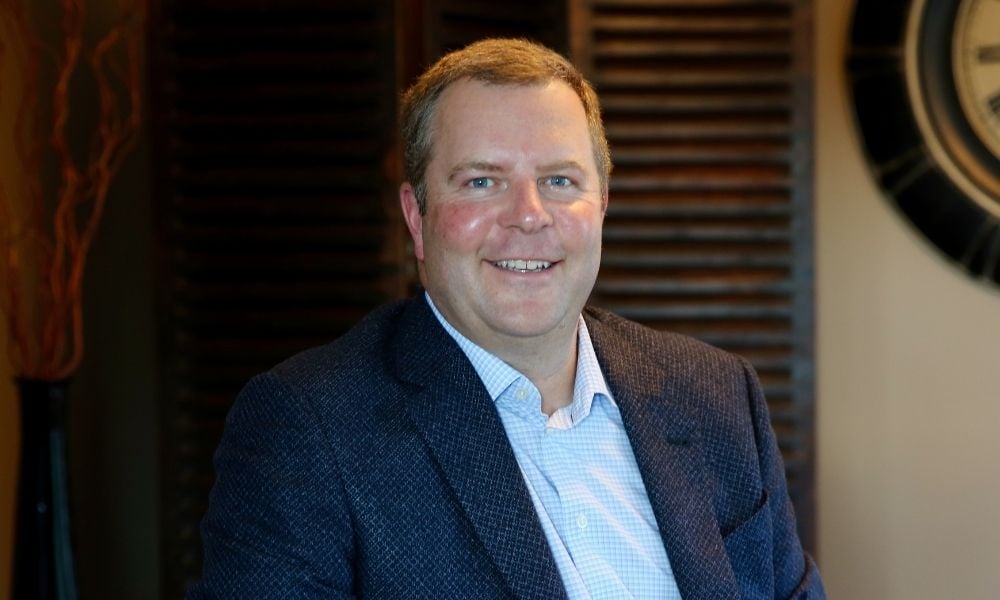Scott Plaskett, of Ironshield Financial Planning, shares how long-time relationship helped him realize that something was not right

With years in the financial planning business to look back on, Scott Plaskett, managing partner and CEO of Ironshield Financial Planning in Mississauga, Ontario, has a rich trove of experience to dig from. In digging through that cache, he marvels at the number of times that he’s encountered cases of clients going through cognitive decline.
“You start thinking of different scenarios and times when that happened,” Plaskett says. “It’s amazing how many times I’ve had to deal with this … there’s an internal feeling you have that something’s just not right.”
He shared one memorable case of a senior client who had been with him since the early part of his career. They would get together to meet every six months at the client’s home for lunch (“They would always prepare a wonderful grilled cheese sandwich for me,” Plaskett recalls), where the two had lively and engaging conversations.
But at some point, that liveliness started to wane; he started to get the feeling something was amiss. That uneasiness was confirmed when he noticed the client was not as capable of making their own decisions as they had been in the past.
“They used to be much more engaged in making decisions, and wanting to discuss them in detail,” he says. “Now, they started saying ‘whatever you think'."
Plaskett acknowledged that as a certified financial planner he’s regarded by clients as a trusted advisor, and they would oftentimes lean on him for his thoughts. But because he had been in a long-term relationship with that client, he had developed a sense of their usual cognitive ability and psychology, which allowed him to sense the difference and the change taking place.
“I think a big challenge is when you have a brand-new client,” he says, noting that it’s not always possible to contact a previous advisor that a client worked with before. “You don’t have a baseline, so you might not know when a particular behaviour is normal, or if something’s changed and is a cause for concern.”
Given regulators’ and industry organizations’ focus on protecting vulnerable persons, advisors have many guidelines and recommendations to turn to when it comes to clients going into cognitive decline. Still, there are many different approaches wealth professionals can take depending on the specific situation they’re confronted with.
One thing to consider, Plaskett says, is the importance of respecting clients even as you put measures in place to protect them. As they slowly recognize that they’re not as sharp as before, clients may have a hard time processing that, which means advisors must be sure to approach the situation with a proper amount of delicacy.
“In this particular scenario, we said that we were updating our files, and we would like to have a trusted contact person we could put on file and reach out to in case anything were to happen,” Plaskett says.
At the time, the client was not making regular changes to their financial plan and didn’t need to make any course corrections. But Plaskett notes that in cases where a client’s mind may be fading and monumental changes are needed to their financial plan, there’s a need to be more cautious by, for example, having the trusted contact person or an advisor colleague in the room. Rigorous documentation and verification of recommendations, he adds, would also be essential.
Based on this and other similar experiences, Plaskett offers some takeaways for other advisors. “The first thing I would always recommend is follow your gut. Your gut feeling is not lying to you,” he says. “If there’s something that tells you something’s a little off, that’s likely a warning sign.”
He also stresses that while review meetings are an important mechanism to maintain a client’s overall financial plan, that’s not all advisors should be doing.
“You can actually maintain an awareness of how a client’s cognitive state is evolving, so you can identify the warning signs,” he says. “When you notice that change, then you can start to take some steps to get prepared.”



